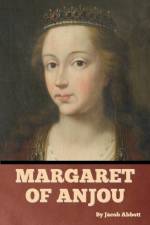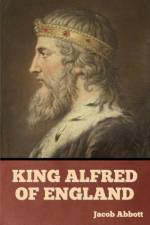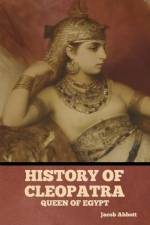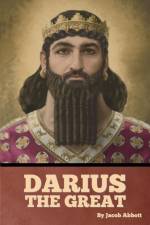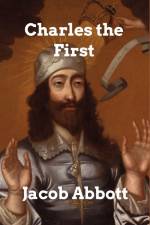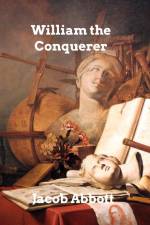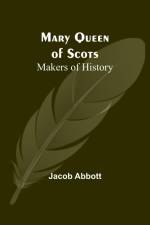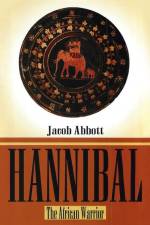von Jacob Abbott
22,00 €
PrefaceIn selecting the subjects for the successive volumes of this series, it has been the object of the author to look for the names of those great personages whose histories constitute useful, and not merely entertaining, knowledge. There are certain names which are familiar, as names, to all mankind; and every person who seeks for any degree of mental cultivation, feels desirous of informing himself of the leading outlines of their history, that he may know, in brief, what it was in their characters or their doings which has given them so widely-extended a fame. This knowledge, which it seems incumbent on every one to obtain in respect to such personages as Hannibal, Alexander, Caesar, Cleopatra, Darius, Xerxes, Alfred, William the Conqueror, Queen Elizabeth, and Mary, queen of Scots, it is the design and object of these volumes to communicate, in a faithful, and, at the same time, if possible, in an attractive manner. Consequently, great historical names alone are selected; and it has been the writer's aim to present the prominent and leading traits in their characters, and all the important events in their lives, in a bold and free manner, and yet in the plain and simple language which is so obviously required in works which aim at permanent and practical usefulness.About the author:Jacob Abbott (November 14, 1803 - October 31, 1879) was an American writer of children's books. On November 14, 1803, Abbott was born in Hallowell, Maine to Jacob Abbott II and Betsey Chandler. He attended the Hallowell Academy. Abbott graduated from Bowdoin College in 1820. At some point during his years there, he supposedly added the second "t" to his surname, to avoid being "Jacob Abbot the 3rd" (although one source notes he did not actually begin signing his name with two t's until several years later).Abbott studied at Andover Theological Seminary in 1821, 1822, and 1824. He taught in Portland academy and was tutor in Amherst College during the next year. From 1825 to 1829 Abbott was professor of mathematics and natural philosophy at Amherst College; was licensed to preach by the Hampshire Association in 1826; founded the Mount Vernon School for Young Ladies in Boston in 1829, and was principal of it in 1829-1833; was pastor of Eliot Congregational Church (which he founded), at Roxbury, Massachusetts in 1834-1835; and was, with his brothers, a founder, and in 1843-1851 a principal of Abbott's Institute, and in 1845-1848 of the Mount Vernon School for Boys, in New York City.He was a prolific author, writing juvenile fiction, brief histories, biographies, religious books for the general reader, and a few works in popular science. He wrote 180 books and was a coauthor or editor of 31 more. He died in Farmington, Maine, where he had spent part of his time after 1839, and where his brother, Samuel Phillips Abbott, founded the Abbott School.His Rollo Books, such as Rollo at Play, Rollo in Europe, etc., are the best known of his writings, having as their chief characters a representative boy and his associates. In them Abbott did for one or two generations of young American readers a service not unlike that performed earlier, in England and America, by the authors of Evenings at Home, The History of Sandford and Merton, and The Parent's Assistant. To follow up his Rollo books, he wrote of Uncle George, using him to teach the young readers about ethics, geography, history, and science. He also wrote 22 volumes of biographical histories and a 10 volume set titled the Franconia Stories. (wikipedia.org)

